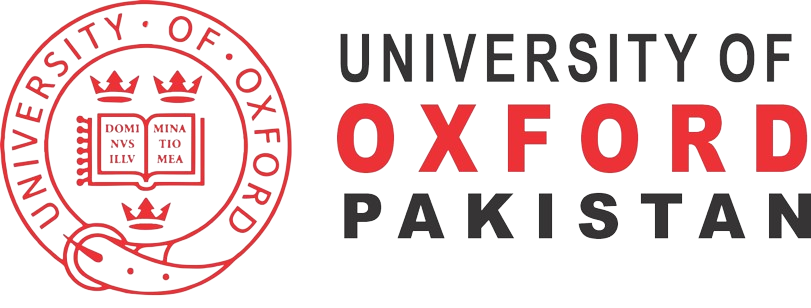Mr. Qamar Shahzad Kahaloo

Our Founder's Legacy at the University of Oxford
The exact founder of the University of Oxford is not definitively known, as the university evolved over time rather than being established by a single individual. However, it is generally believed that teaching existed in Oxford in some form as early as the 11th century. The university gradually developed from scholarly activities associated with the early medieval Christian monasteries in Oxford.
One influential figure often credited with laying the groundwork for the establishment of the University of Oxford is Theobald of Étampes, who became Archbishop of Canterbury in 1139. Theobald encouraged the development of scholarly activities in Oxford and promoted the presence of scholars and teachers in the area. Additionally, in the 12th century, Oxford gained prominence as a center of learning due to the influx of students seeking education, which led to the formation of various schools and communities of scholars.
By the late 12th century, Oxford had become a thriving center of intellectual activity, and in 1167, King Henry II banned English students from attending the University of Paris, which prompted many scholars to return to Oxford, further solidifying its status as a center for higher education.
While there isn’t a single founder of the University of Oxford in the same way that some institutions have, its establishment is attributed to a gradual evolution driven by the scholarly endeavors of various individuals and institutions over several centuries.
